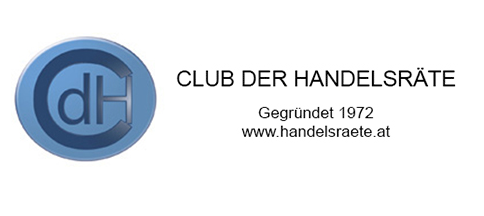Visit of the Vienna Institute for International Economic Studies (WIIW)
WIIW is one of the principle centres for research on Central, East and Southeast Europe with worldwide recognition.
After one year of negative impacts on the worldwide economy such as the pandemic, supply chain difficulties and the Russian war against Ukraine we had another possibility in October 2023 to visit WIIW, The Vienna Institute for International Economic Studies.
The
Executive Director of WIIW, Dr. Mario Holzner,
gave us an overview on the current economic situation and outlook concerning Central,
East and Southeast Europe. In his speech he pointed out to the high inflation
situation in a number of European countries. Especially the high costs for gas
purchases and the rising prices for food were the drivers. Only recently the
prices were falling again for these commodities. However the core inflation
remained as wages went up and continue to do so. Another driver is the high
level of rates of interest. In several countries such as Czech Republic,
Slovakia, Romania and Hungary real wages declined despite of higher salaries.
Due to high interest rates and credit squeeze borrowings became more difficult
and costly. The WIIW expects the continuation of high inflation and low
economic growth also due to the unclear war situation. The uncertainty concerning
the development of oil and gas prices prevails. Dr Mario Holzner presented in
his slides comparisons between the countries of Central-, East- and Southeast
Europe. The declining production in Germany may effect the main suppliers to
the German industry such as the car industry. He sees the Austrian and Czech
industry more robust than the Hungarian and Slovak one due to their substantial
dependence on car manufacturing. Foreign Direct Investment is weak for the time
being. Another problem is the decline of population, mainly the young
employable population due to migration. Especially countries in
southeastern Europe are heavily affected.
Dr.
Mario Holzner is coordinating economic policy development and
communication with a focus on European economic policy. He has recently worked
on issues of infrastructure investment in greater Europe. Furthermore he is
also a lecturer in applied econometrics at the University of Vienna, Department
of Economics.
WIIW is one of the principle centres for research on Central,
East and Southeast Europe with worldwide recognition. In the Global Go To Think
Tank Report of the University of Pennsylvania WIIW was elected twice to 3rd
position in a worldwide comparison of Think Tanks after Bruegel (Belgium) and
Brookings Institution (USA).
Its thematic work is focused on macroeconomic
developments and structural change, international economics, labour markets and
social issues, as well as on selected issues related to sectoral and regional
economic developments. Thus it is the Austrian think tank for first-hand
expertise on Central, East and Southeast Europe, as well as the Balkans with
international highly skilled professionals mainly from the countries they are
specialized on.


